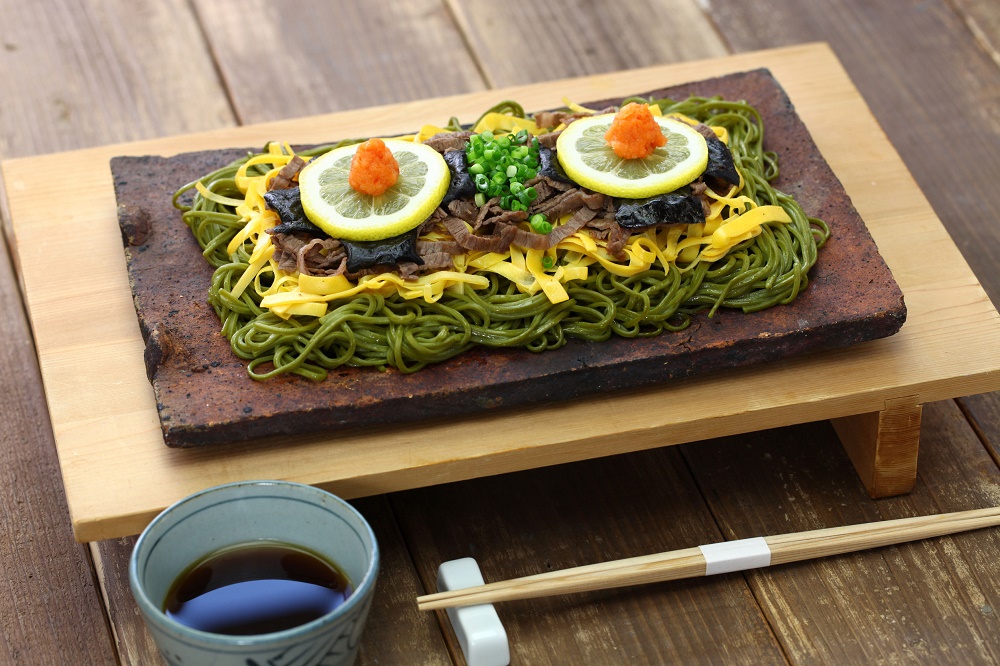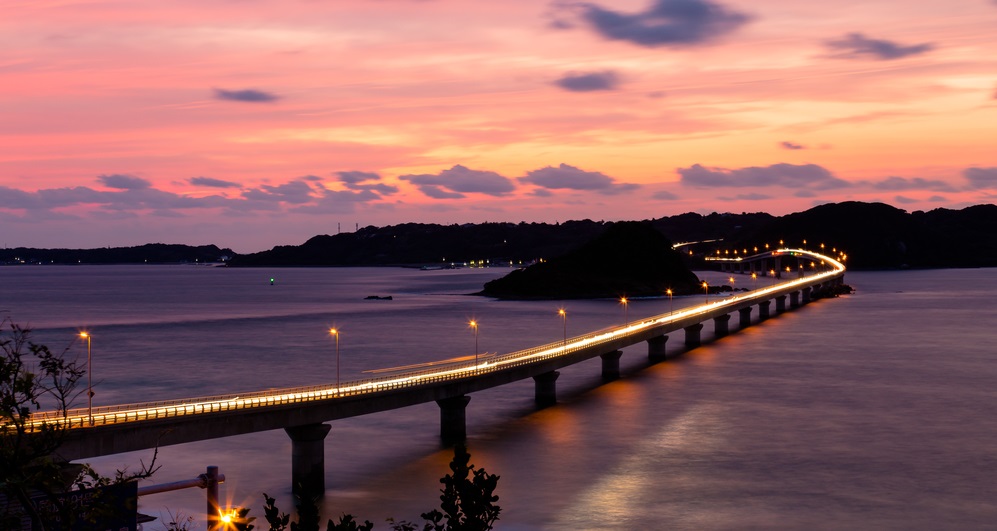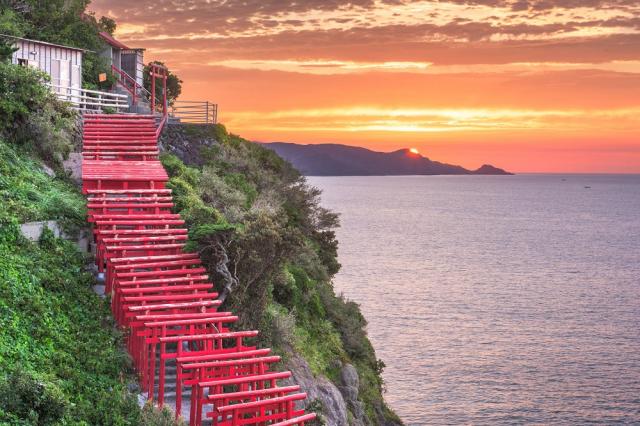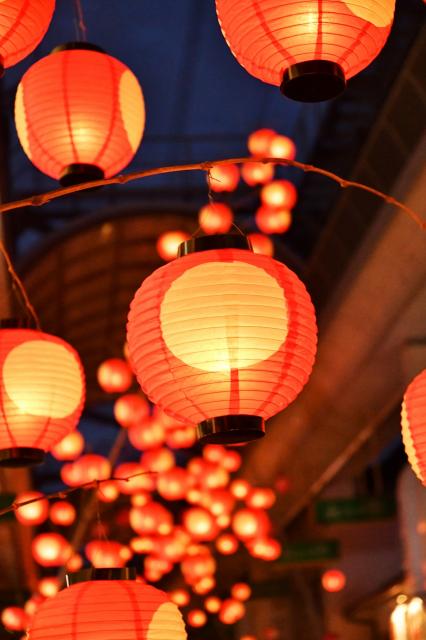Yamaguchi, Japan Feb. 21 Fri 10:12PM
About Yamaguchi
Yamaguchi prefecture is located in the Chugoku region of Japan on the westernmost tip, visually seeming like the bottom of the Honshu island. In Yamaguchi, there are thirteen cities with the capital being Yamaguchi. In history, the city of Yamaguchi was the rival of Kyoto when the states were at war, and as such, Yamaguchi city became known as the "Kyoto of the West." Yamaguchi prefecture's location made it ideal for cultural exchanges with the Korean Peninsula.
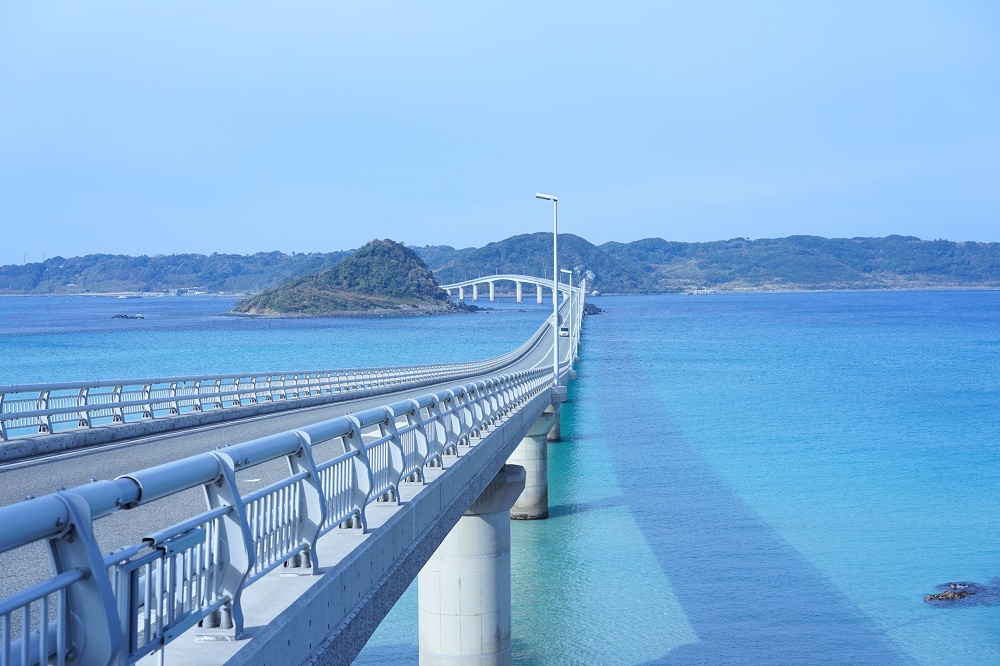
Where To Go
---Rurikoji Temple---
Rurikoji Temple is a Buddhist Temple in Yamaguchi city. Nestled into trees, the five-story temple is beautiful and picturesque. By the museum, there is also plenty to do. There is a museum that provides information on pagodas and contains mini replicas of five-stories pagodas. There is also a park, Koan Park, surrounding the temple that contains a bell tower and the burial site of the Mori family, the rulers of the region during the Edo Period.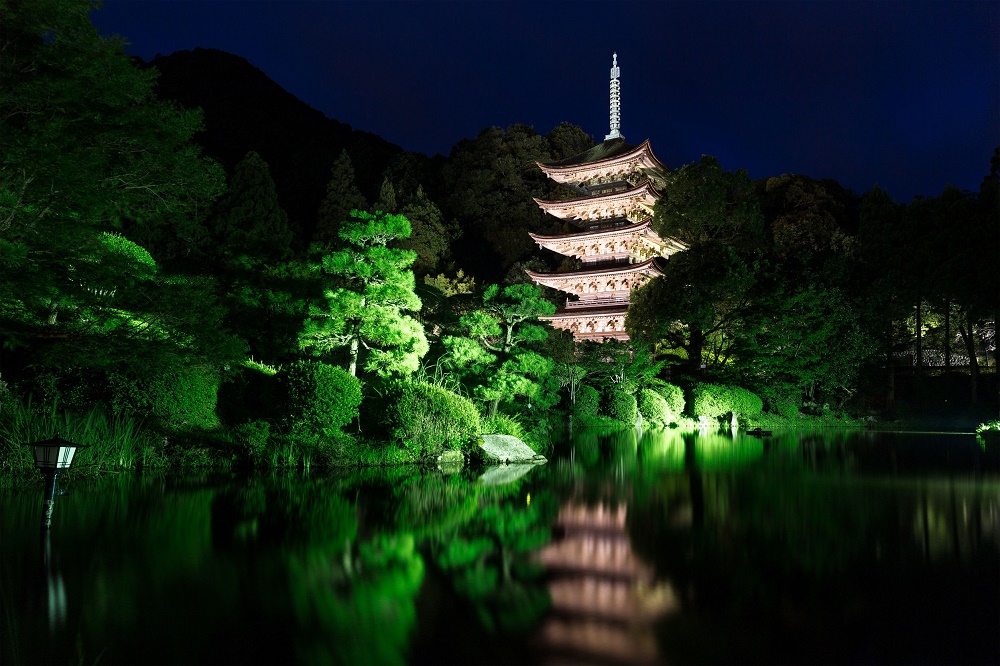
---Kintaikyo (Kintai Bridge)---
Kintaikyo Bridge is a historically famous wooden bridge found in Iwakuni of the Yamaguchi Prefecture. The bridge is a series of five arches designed for durability and has been reconstructed and redesigned several times before settling into what it is now. The bridge has been declared a national treasure, and there certainly is something charming in the way the bridge arches and stands.
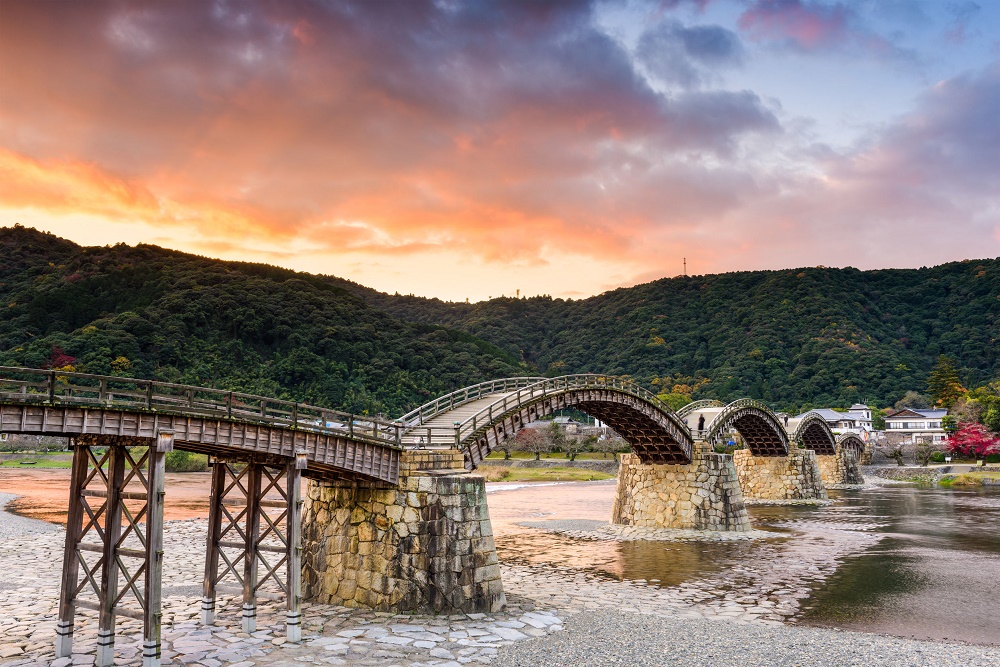
What To Eat
---Fugu---
Fugu is the Japanese word for puffer fish. Yamaguchi prefecture is famous for their fugu dishes and chefs specializing in cutting fugu. Since fugu can be highly poisonous if the toxins within it are ingested, specially trained licensed chefs are the only ones who can cut and serve fugu. Sliced right, the fish can leave a slight tingle in the mouth, but is delicious and fresh-tasting. Other than fugu sashimi, there are also other dishes like fugu-nabe, which is a hotpot featuring fugu.
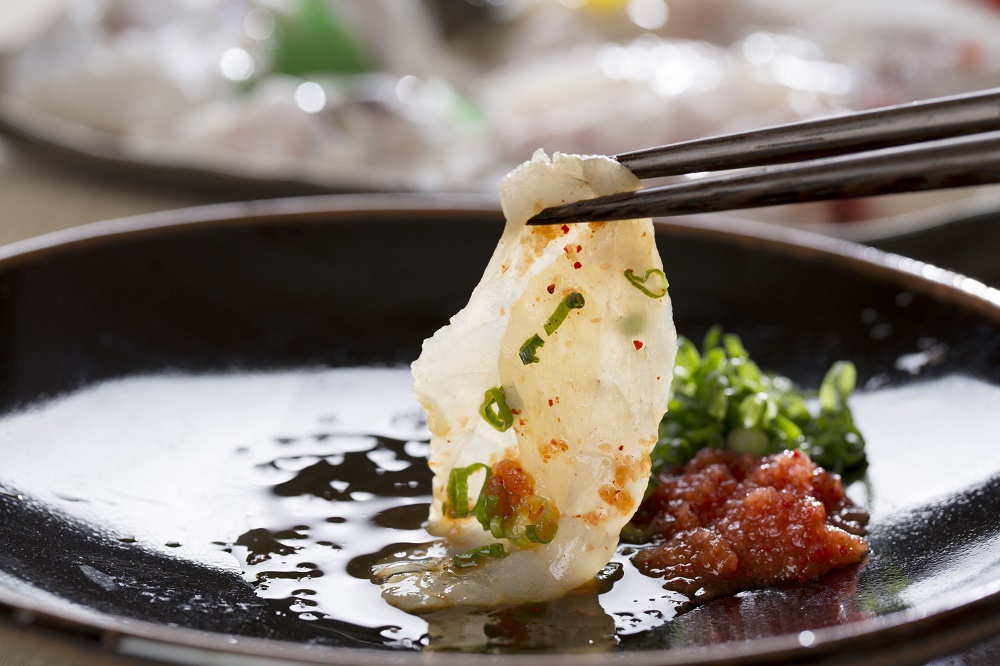
---Kawara Soba---
Kawara Soba is a famous food of Yamaguchi. Green tea noodles are fried on a hot tile with egg, stewed beef, green onions, and grilled liver (sometimes beef). This dish came from soldiers who had to cook wild grass and meat on hot tiles during the Seinan Rebellion.